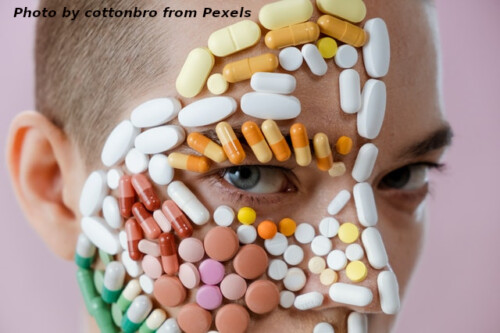Addiction
By Editorial Team AI
Addiction is a chronic disease that affects millions of people worldwide. It is characterized by compulsive drug or alcohol use, despite the negative consequences it causes to one’s health, relationships, and overall quality of life. Addiction is a complex disorder that involves both psychological and physiological components. It can affect anyone, regardless of age, gender, or socioeconomic status.
Causes:
There are several factors that can contribute to the development of addiction, including genetics, environment, and personal history. People who have a family history of addiction are more likely to develop an addiction themselves. Certain life experiences, such as trauma, abuse, or neglect, can also increase the risk of addiction.
Symptoms:
The symptoms of addiction can vary depending on the substance being abused. Common signs of addiction include:
- Inability to control drug or alcohol use
- Continued drug or alcohol use despite negative consequences
- Tolerance, or the need for increasing amounts of the substance to achieve the desired effect
- Withdrawal symptoms when drug or alcohol use is stopped
- Neglecting responsibilities at work, school, or home
- Loss of interest in hobbies or activities that were once enjoyable
- Mood swings or erratic behavior
Treatment:
Addiction is treatable, but it requires a comprehensive, individualized approach that addresses both the physical and psychological aspects of the disease. Treatment may involve:
- Detoxification, or the process of removing drugs or alcohol from the body
- Medications to help manage withdrawal symptoms or reduce cravings
- Behavioral therapy to address the underlying causes of addiction and help individuals develop healthy coping strategies
- Support groups, such as 12-step programs, to provide ongoing support and encouragement
Health Effects:
Addiction can have serious health consequences, including:
- Increased risk of heart disease, stroke, and other medical conditions
- Respiratory problems, including lung cancer and other diseases
- Liver and kidney damage
- Increased risk of infectious diseases, such as HIV/AIDS and hepatitis
- Mental health disorders, such as depression and anxiety
Effects on Loved Ones:
Addiction can also have a profound impact on the loved ones of those who are struggling with the disease. It can strain relationships, cause financial problems, and lead to feelings of frustration, anger, and helplessness. Family members and friends of those with addiction may benefit from counseling or support groups to help them cope with the challenges of addiction.
In conclusion, addiction is a serious and complex disease that can have far-reaching consequences for both the individual struggling with the disease and their loved ones. Understanding the causes, symptoms, and treatment options for addiction is an important step in addressing this pervasive problem and helping those who are affected by it. Nothing herein is intended to diagnose, treat or cure any disease. Please do your research and seek professional advice before using any information.

